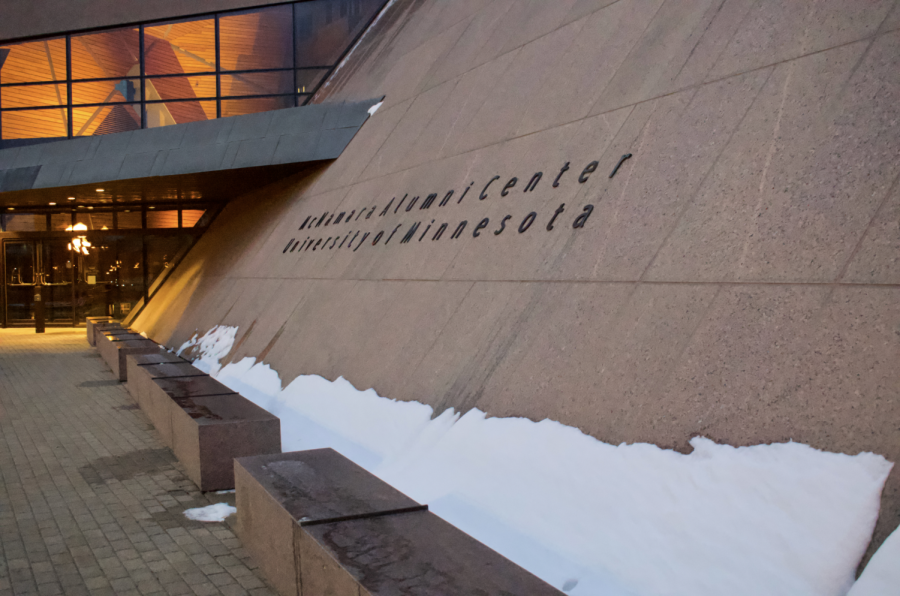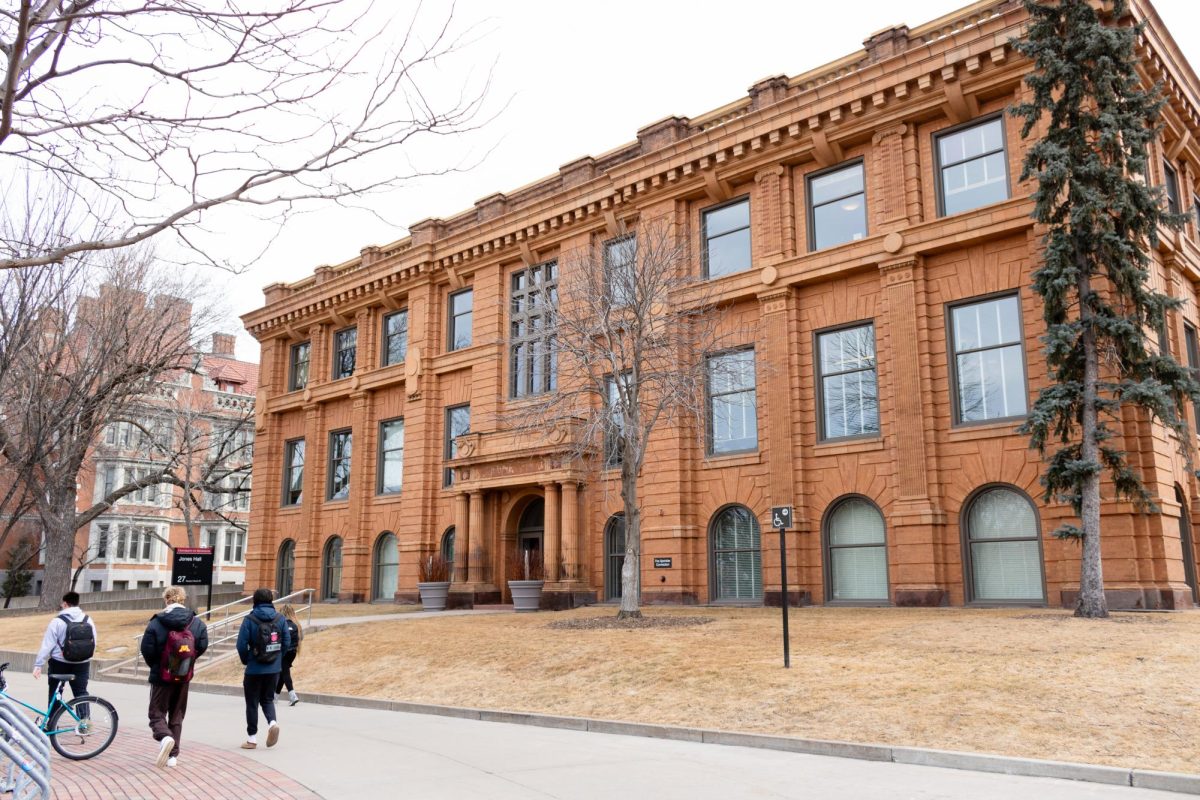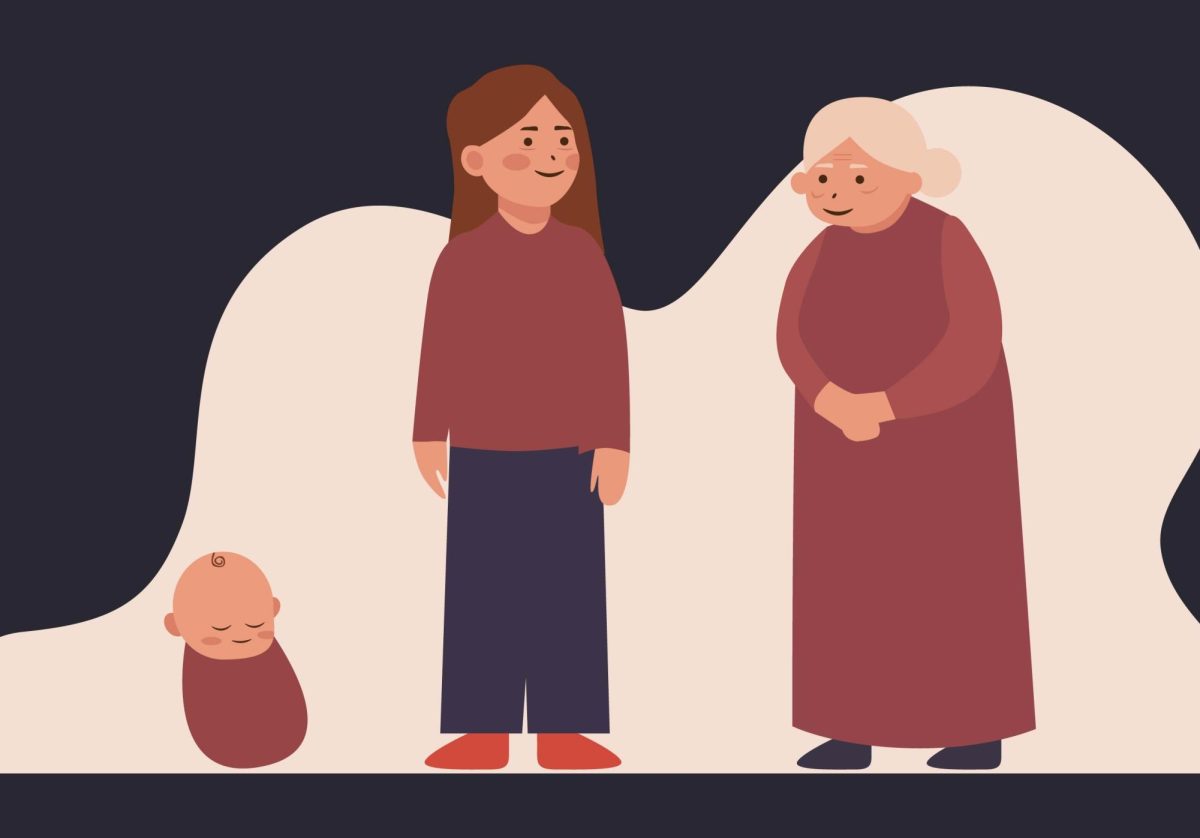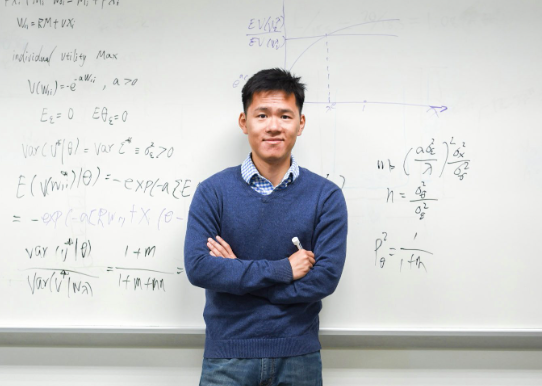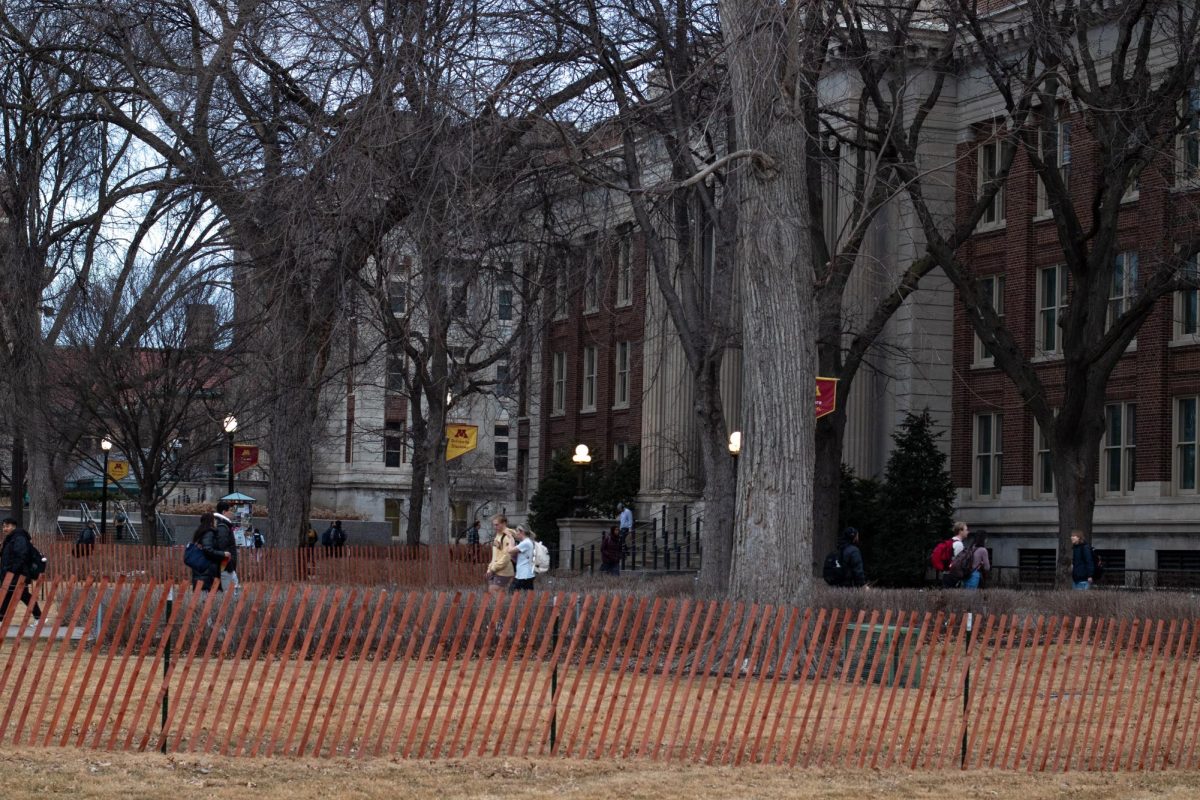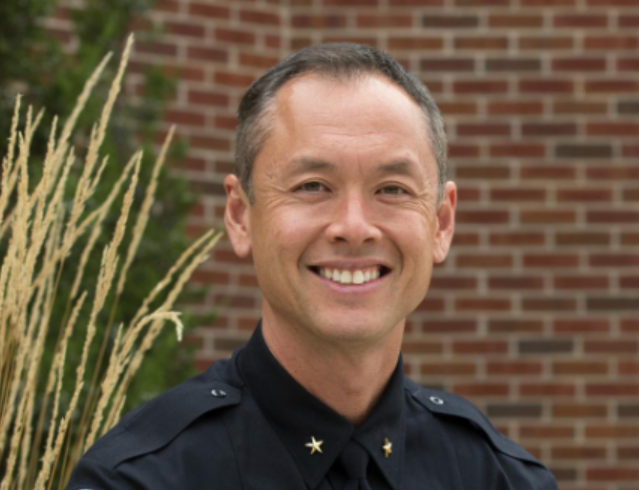With fall semester classes wrapping up, the University of Minnesota’s Disabilities Resource Center (DRC) is working to ensure students with disabilities receive accommodations to be successful in future classes during the upcoming spring semester.
Accommodations are available to University students with a mental health, attention, learning, chronic health, sensory or physical disability, and can include things like creating a more accessible space, providing captions or an interpreter, assigning a note-taker or setting up a private space to take exams. Informing students of the resources available through the DRC and the process of requesting accommodations is a major goal for the University, according to leadership.
“Students who are eligible for DRC accommodations but aren’t made aware of this resource face more barriers to engaging with University curriculums,” said Zeke Jackson, the Minnesota Student Association’s Academic Affairs Committee director in an email to the Minnesota Daily.
A student may request a DRC accomodation for many different reasons; however, mental health disabilities have been the most common, according to the University’s Disabilities Issues Committee chair David Johnson.
The number of students requesting accommodations has also increased over the past several years, with more than 4,500 this semester. In 2016, approximately 2,700 students requested accommodations.
“There’s lots of students reporting mental health issues and a lot of it’s around anxiety and stress and things of that nature,” Johnson said.
To reach students who may benefit from an accommodation, the DRC participates in Orientation and Welcome Week events and asks professors to remind students of their available resources during the first week of classes each semester. The DRC has recommended policies for professors to include in course syllabi as well.
If accommodations are not being implemented effectively by instructors, students can contact the DRC and they will communicate on the student’s behalf to resolve the issue. Although this situation is rare, the DRC will then notify University administrators if the problem is still occurring, said Donna Johnson, director of the Disability Resource Center in an email to the Minnesota Daily.
To apply for an accommodation, students meet with an access consultant to discuss their disability and barriers in the learning environment.
“I think looking and planning ahead is going to be very helpful to students, because you really don’t know what you’re going to run into and disability varies greatly across a wide range of needs and characteristics that people have,” David Johnson said.
However, some students may not utilize the resources available through the DRC, David Johnson said.
“Some reasons for them not seeking it out might just be they don’t want to draw attention to the disability, they may not necessarily understand exactly what to do, they may not have gone through the website and they just may not have sorted it out,” David Johnson said.
Currently, the University provides faculty training on disabilities and accommodations, in addition to training and support instructors can provide students.
“There is no ‘one-size-fits-all’ solution to accommodating students with disabilities and, due to this, I believe the University has an obligation to work with individual students to provide personalized solutions,” Jackson said.


